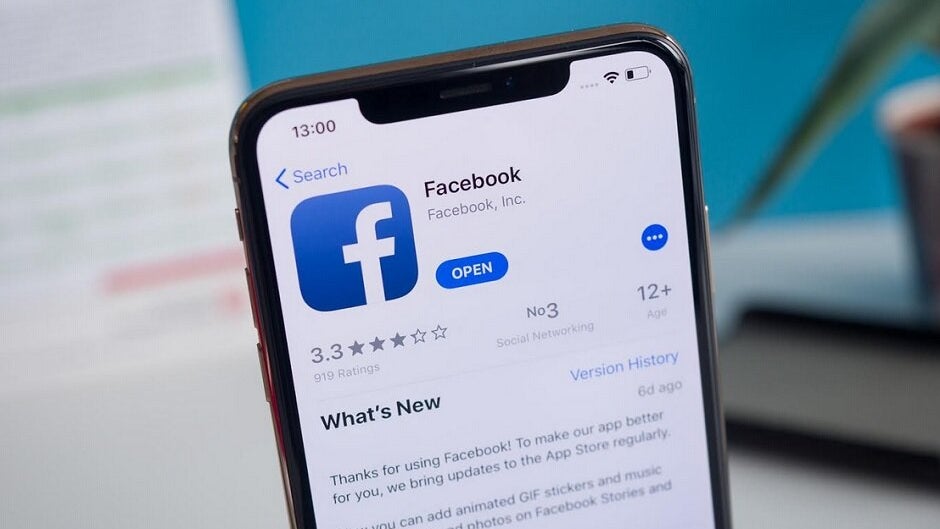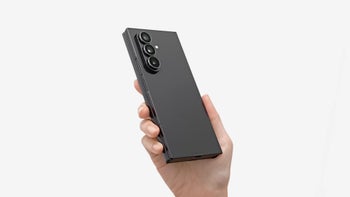Facebook reportedly tested a facial recognition app

It would be interesting to see how many people flat out don't trust Facebook. This is the company that got fined $5 billion by the Federal Trade Commission (FTC) for failing to adhere to a consent decree it signed back in 2011. The terms of the consent decree prevented Facebook from using member profiles without the express consent of subscribers. In 2015-2016 Aleksandr Kogan, a Russian-American professor at Cambridge University, collected profiles through the use of an app he developed ostensibly for research purposes. But Kogan sold as many as 87 million user profiles to a company called Cambridge Analytica, which was hired by the Trump campaign to turn the data into information that it could use.
As recently as the first day of this year, an organization called Privacy International issued a report claiming that certain Android apps sent users' personal information to Facebook. The social-media site allegedly received this personal data even if the user did not have a Facebook account.
Facebook has had an issue with biometric data before

Facebook is allegedly working on an AI assistant for its Portal smart display
Meanwhile, Facebook is one of four tech firms (along with Apple, Google, and Amazon) that is being investigated by the House of Representatives' Judiciary Committee for possible antitrust violations. Just this past week, the committee released written responses from the four tech firms to questions it asked each of the companies. Facebook admitted in its reply that it dropped certain apps from its developer platform if they competed with Facebook's own features. As an example, the company admitted that it dropped Vine, Twitter's now-defunct app that created six-second video loops. Facebook said that Vine was a copy of its News Feed. Committee members also wanted to know the "exact circumstances" behind Facebook's decision to drop apps like Phhhoto, MessageMe, Voxer, and Stackla. The company said that it "will restrict apps that violate its policies."
If Facebook cannot be trusted with personal and biometric data, we should be breathing a sigh of relief that it stopped developing the aforementioned facial recognition app. Or did it? Can we believe Facebook when they say that it is no longer developing such a tool?
Follow us on Google News













Things that are NOT allowed:
To help keep our community safe and free from spam, we apply temporary limits to newly created accounts: